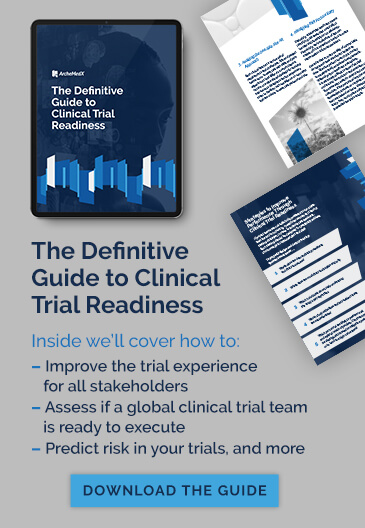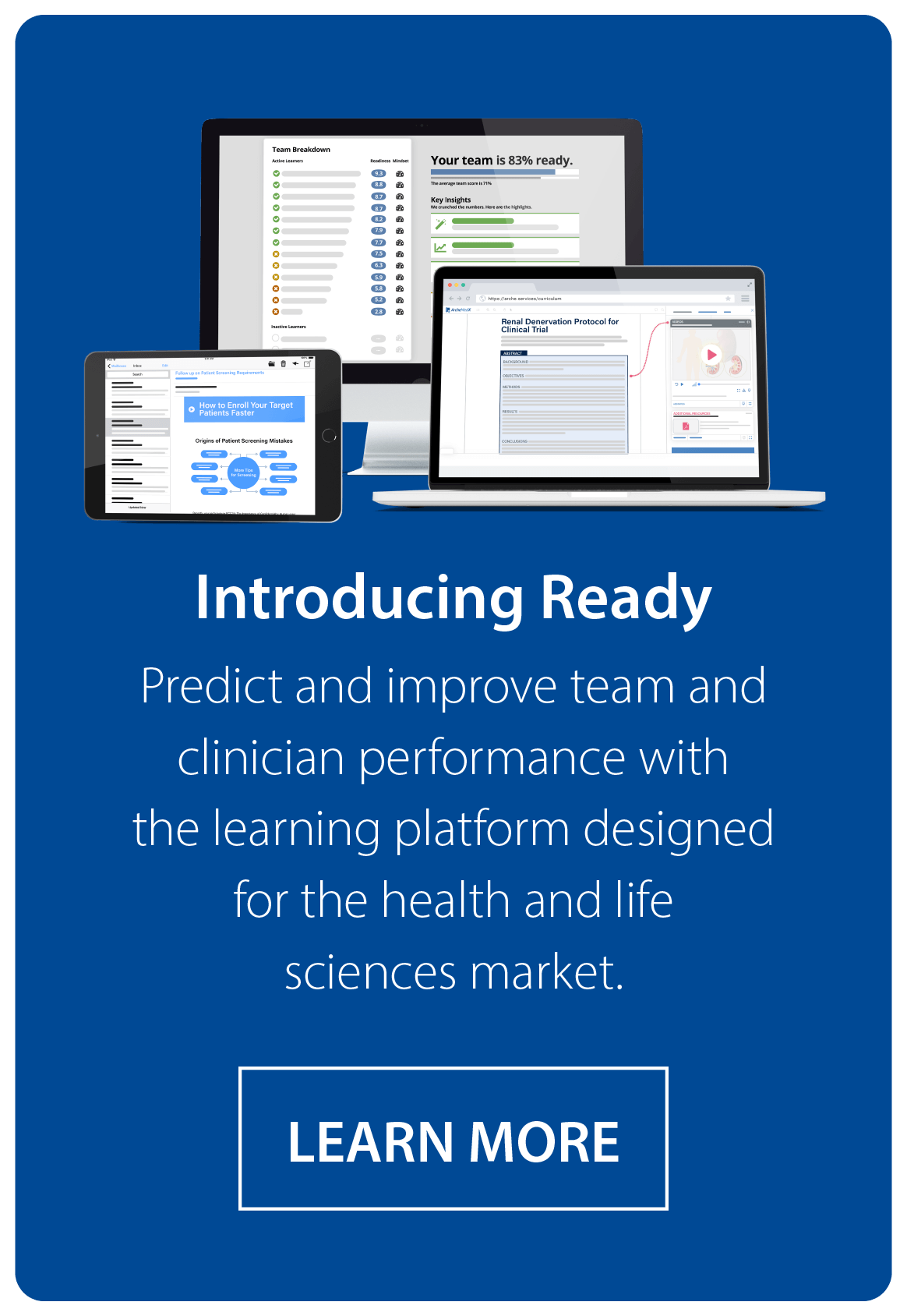Why investing in truly effective training from the outset can pay off exponentially for clinical teams—and serve as a strategic advantage.
Some ideas are just stickier. In a recent discussion, my colleague Kelly Ritch said that the impact of a well-trained clinical trial site/team compounds over time. It’s such a brilliant and memorable way to think about it, that I asked her if she would collaborate with me on this, my latest column, to flesh out the idea a bit. Thankfully, she agreed.
Investing in the training and development of clinical trial teams is not merely a procedural necessity; it is an untapped strategic opportunity that can transform the trajectory of clinical research. By prioritizing truly effective training from the outset, sponsors lay the foundation for high-performing teams, leading to compounded benefits throughout the trial process.
Much like financial investments that grow over time through compounding interest, early and effective investment in team readiness yields escalating returns and initiates a chain reaction of positive outcomes. When clinical research associates (CRAs) and site staff are thoroughly prepared, they engage more deeply with the trial protocols, ask more insightful questions, and more proactively anticipate challenges. A well-trained team is equipped to handle complexities, adapt to unforeseen circumstances, problem-solve more quickly, and maintain the integrity of the trial. The compounding benefits of effective training cannot be overstated. They include:
- Improved patient recruitment and retention. Better identification of qualified patients and clearer communication results in better enrollment and lower dropout rates.
- Higher protocol adherence. Fewer deviations mean cleaner data and a smoother regulatory approval process.
- Regulatory compliance. Teams with a deep understanding of requirements reduce the risk of audits and penalties.
Why sponsors take shortcuts in training—and why it’s a mistake
Despite the clear benefits, many sponsors take shortcuts in training and fall prey to the planning fallacy (bit.ly/4hpDRG4). Here are the five most common excuses we hear from sponsors, and why they don’t hold up under scrutiny:
1. “We need to start enrollment ASAP”
Speed is a major driver in clinical trials, and sponsors may rush through check-the-box training to accelerate site activation. But inadequate training leads to delays later, as poorly prepared teams struggle with protocol adherence and regulatory compliance. Investing in training upfront actually saves time in the long run.
2. “We don’t have the budget for extensive training”
Training is often seen as a cost rather than an investment. However, inadequate training leads to protocol deviations, regulatory violations, and trial delays—all of which are far more expensive than upfront training. Well-trained teams reduce costly errors and rework.
3. “Our CRAs and site staff already have experience”
While experience is valuable, every protocol is different, and regulatory landscapes evolve. Assuming prior experience is sufficient can lead to misunderstandings, protocol deviations, and inconsistent trial execution. Tailored, protocol-specific training is essential.
4. “Training doesn’t directly impact trial outcomes”
Some sponsors view training as a procedural formality rather than a key success factor. In reality, well-trained teams ensure higher data quality, better regulatory compliance, and fewer safety issues.
5. “We can fix problems as they arise”
A reactive approach leads to inefficiencies and costly mid-trial corrections. Addressing protocol deviations, regulatory violations, and recruitment struggles after they occur is far more disruptive than preventing them proactively and strategically upfront.
Clinical research sponsors often focus on operational efficiency, accelerating timelines, and identifying and capitalizing on shortcuts. But when it comes to training CRAs and site teams, shortcuts will be costly. Investing in truly effective training from the outset is not just a best practice—it’s a strategic advantage. Like compounding interest, early investment in training pays off exponentially, ensuring that each subsequent step in the trial process is more efficient, accurate, and optimized. The choice is clear: train smarter now, or pay the price later.
By Brian S. McGowan, PhD, FACEHP and Kelly Ritch, MS, MBA
in Applied Clinical TrialsApplied Clinical Trials-04-01-2025




